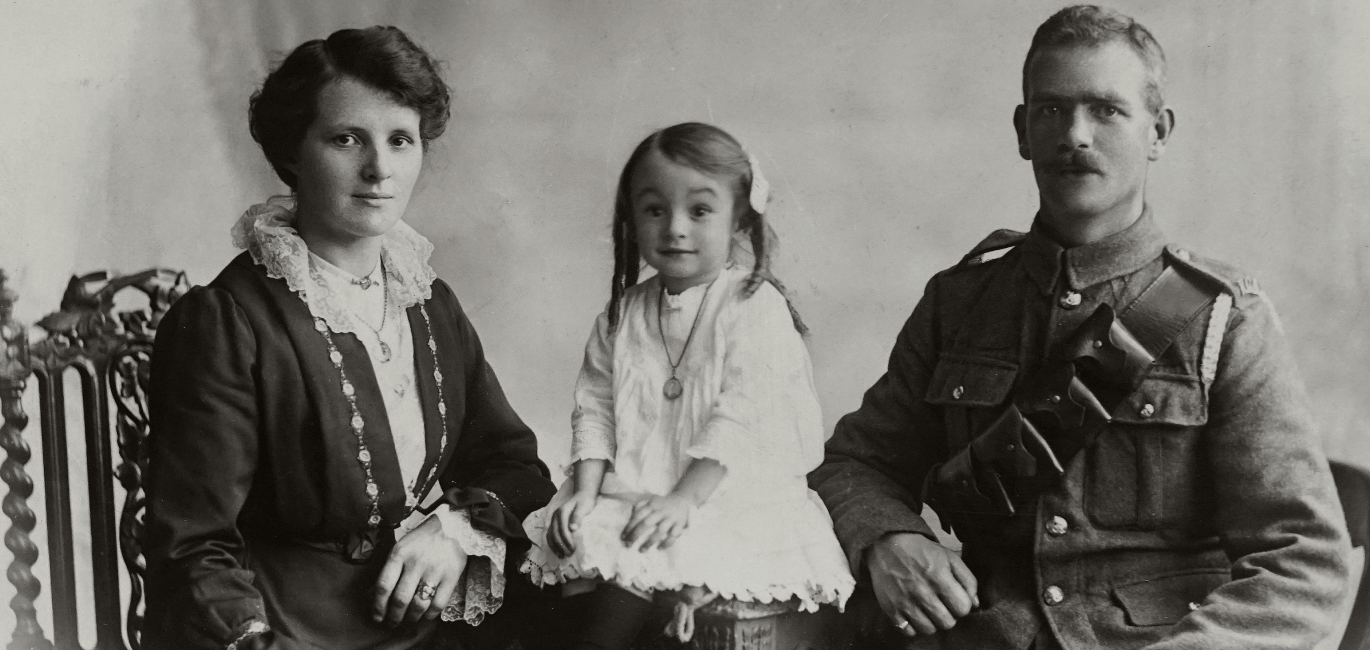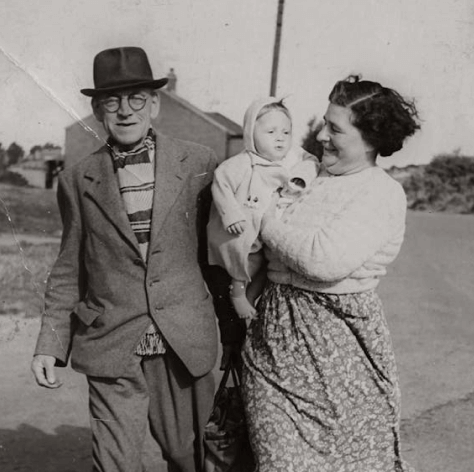
Tips for Advanced Genealogists
Share your research through articles, books, or blogs to contribute to the broader genealogical community.

Advanced Genealogists
Develop skills in reading old handwriting to interpret historical documents accurately Work with local historians and archivists to gain deeper insights into specific regions and time periods. Share your research through articles, books, or blogs to contribute to the broader genealogical community.
"Journey of Genealogists"
Understand the social, economic, and political conditions that influenced your ancestors' lives and movements.Employ advanced genealogy software for data organization, analysis, and visualization. Connect with other experts, access exclusive resources, and stay updated on the latest research methods.
- Analyzing Historical Context
- Using Specialized Software
- Joining Professional Societies
- Conducting Oral Histories
- Diving into Property Records
- Mastering Palaeography
- Collaborating with Historians
- Publishing Findings
Advanced genealogists can significantly enhance their research by leveraging a combination of traditional and modern techniques. DNA testing is a powerful tool that allows genealogists to confirm biological relationships and uncover previously unknown connections within their family trees. By integrating genetic data with documentary evidence, researchers can resolve ambiguities and break through long-standing brick walls. Additionally, exploring overseas records opens up a wealth of information about ancestors’ origins and migrations. Many countries have extensive archives and databases that can provide invaluable details about familial roots. Understanding the historical context in which ancestors lived, including the social, economic, and political conditions of their time, can also offer profound insights and a more nuanced understanding of their lives and decisions.
Utilizing advanced genealogy software is another key strategy for seasoned researchers. These tools not only help organize vast amounts of data but also offer sophisticated analysis and visualization capabilities that can reveal patterns and connections not immediately apparent. Joining professional societies provides opportunities for collaboration, access to exclusive resources, and staying current with the latest research methodologies. Conducting oral histories by interviewing relatives and community members adds a personal dimension to the research, capturing unique stories and firsthand accounts. Diving into property records such as land deeds, wills, and probate records can reveal significant information about ancestors’ wealth, status, and familial relationships. Mastering palaeography, or the skill of reading old handwriting, is crucial for accurately interpreting historical documents. Collaborating with local historians and archivists can further enrich research by providing expert knowledge and context. Finally, publishing findings through articles, books, or blogs not only helps preserve family history but also contributes valuable information to the broader genealogical community.




Add Comment